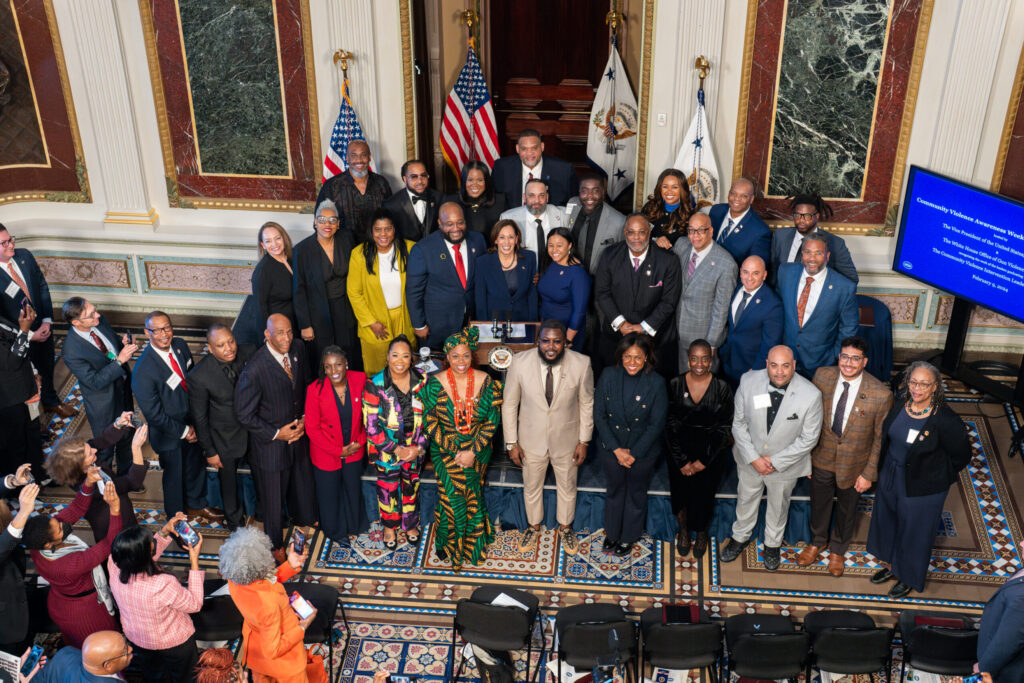Behavioral Science
By learning more about human decision-making in stressful situations, behavioral science can help us identify better ways to deal with the harms created by gun violence and a broken criminal justice system — and can help prevent these harms before they occur.
Behavioral science, which seeks to better understand human decision-making, is helping public safety researchers learn more about why individuals are vulnerable to automatic behaviors during high-stress situations — for example, why an individual might pull a trigger when an argument spirals out of control. Behavioral science gives us a new framework through which to view the consequences of difficult situations. This understanding of “criminal behavior” as “human behavior” gives us new tools we can use to reduce violence and promote justice.
The Crime Lab is developing and evaluating programs that provide behavioral science-informed training and supports to individuals at-risk of violence involvement as well as former offenders, police officers, prosecutors, judges, and others involved in the criminal justice system.
Latest Updates
Chattanooga Police Chief John Chambers Completes University Of Chicago Crime Lab’s Policing Leadership Academy
Chattanooga Police Department Chief John Chambers graduated from the University of Chicago Crime Lab’s Policing Leadership Academy, an education program dedicated to reducing violent crime and improving police effectiveness.

Vice President Kamala Harris Recognizes the CVILA at White House Ceremony

Chicago Police Make an Arrest in Only 20 Percent of Fatal Shootings
The Trace’s Rita Oceguera and Justin Agrelo highlight only 20% of fatal shootings in Chicago result in an arrest. Philip Cook, a professor emeritus of public policy and economics at Duke University, has been working with the University of Chicago’s Crime Lab to examine clearance rates and has noted a sharp decline in homicide clearance rates over the years.

